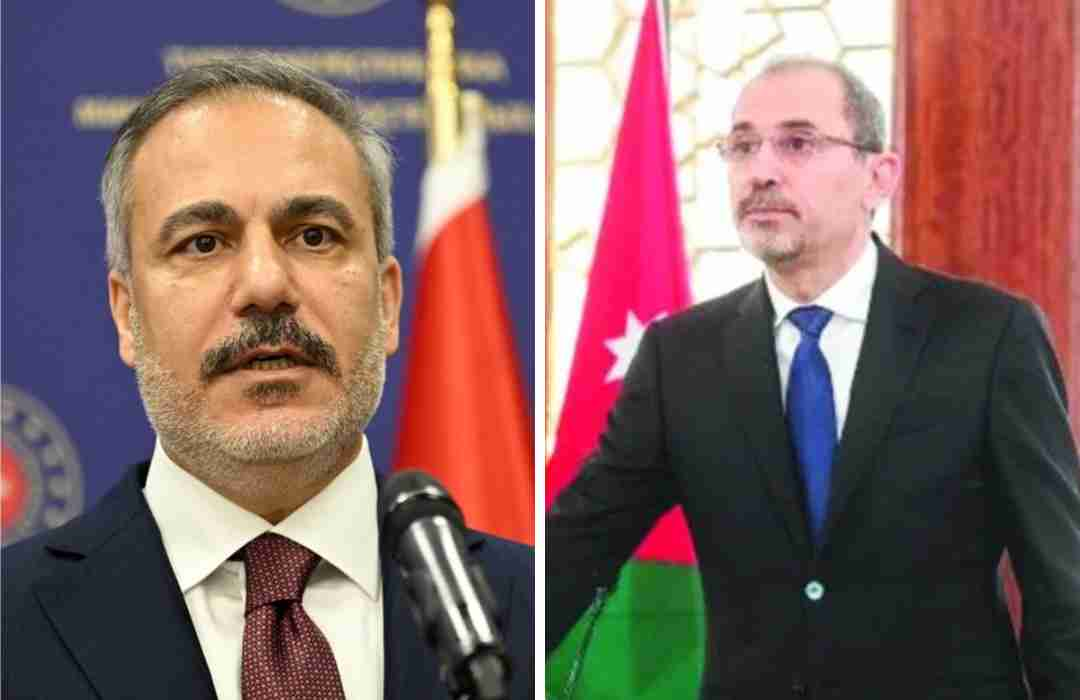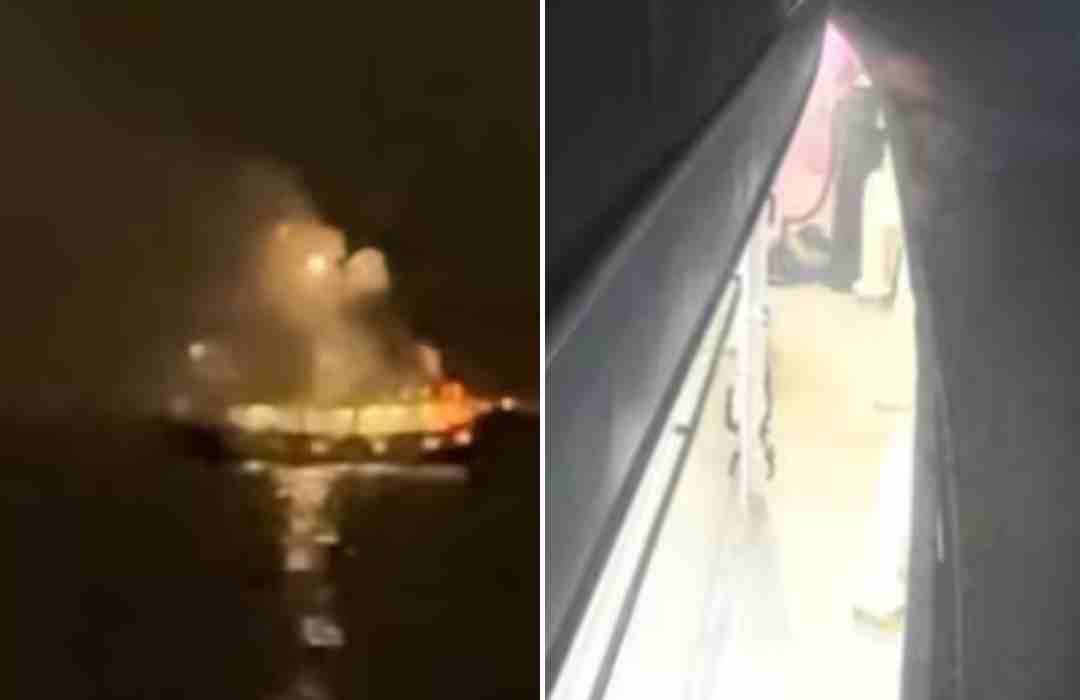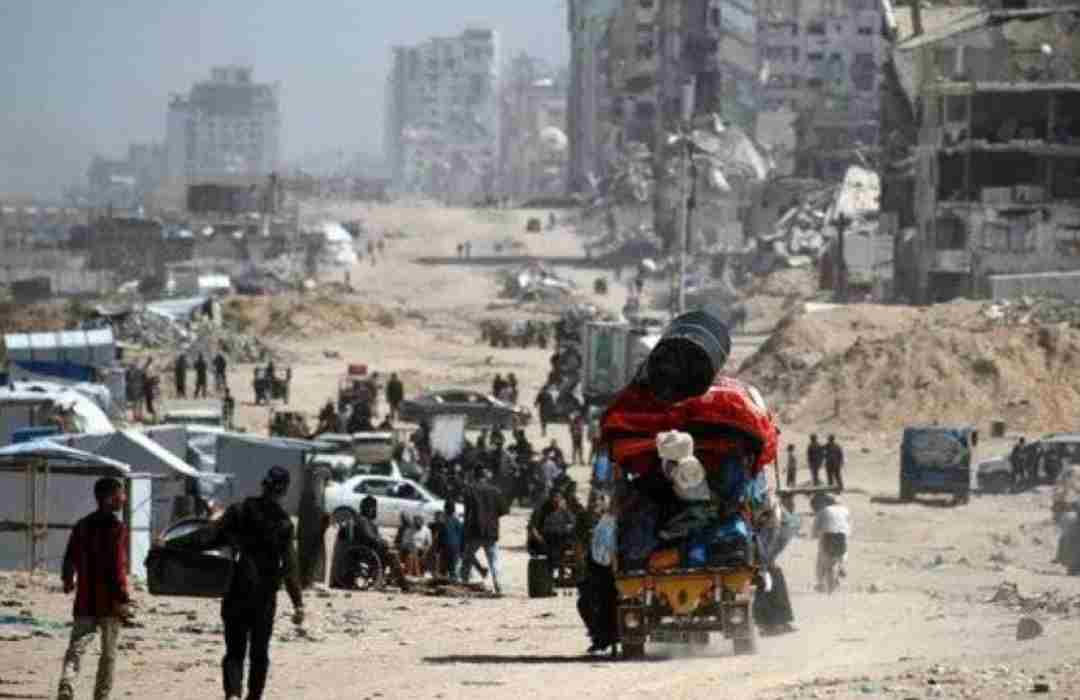
















Photo: AFP
On Saturday, Nepal's capital took strides towards normality following deadly anti-corruption protests. As the curfew was eased, daily life began to resume, and an interim prime minister was sworn into office.
Soldiers reduced their presence on the streets, having been heavily deployed since Wednesday's violent demonstrations, which resulted in the government's downfall and parliament going up in flames. The unrest claimed at least 51 lives, marking the most severe disturbance since the end of the civil war and the monarchy's abolition in 2008.
On Friday evening, 73-year-old former chief justice Sushila Karki was sworn in as the interim leader. Her primary tasks include restoring order and addressing the protesters' demands for a corruption-free future. Following her appointment, parliament was dissolved, with elections scheduled for March 5, 2026, as efforts to restore the government began.
By Saturday morning, the city’s atmosphere was noticeably calmer, with markets reopening, traffic flowing, and families visiting temples, signaling a tentative return to normal life.


